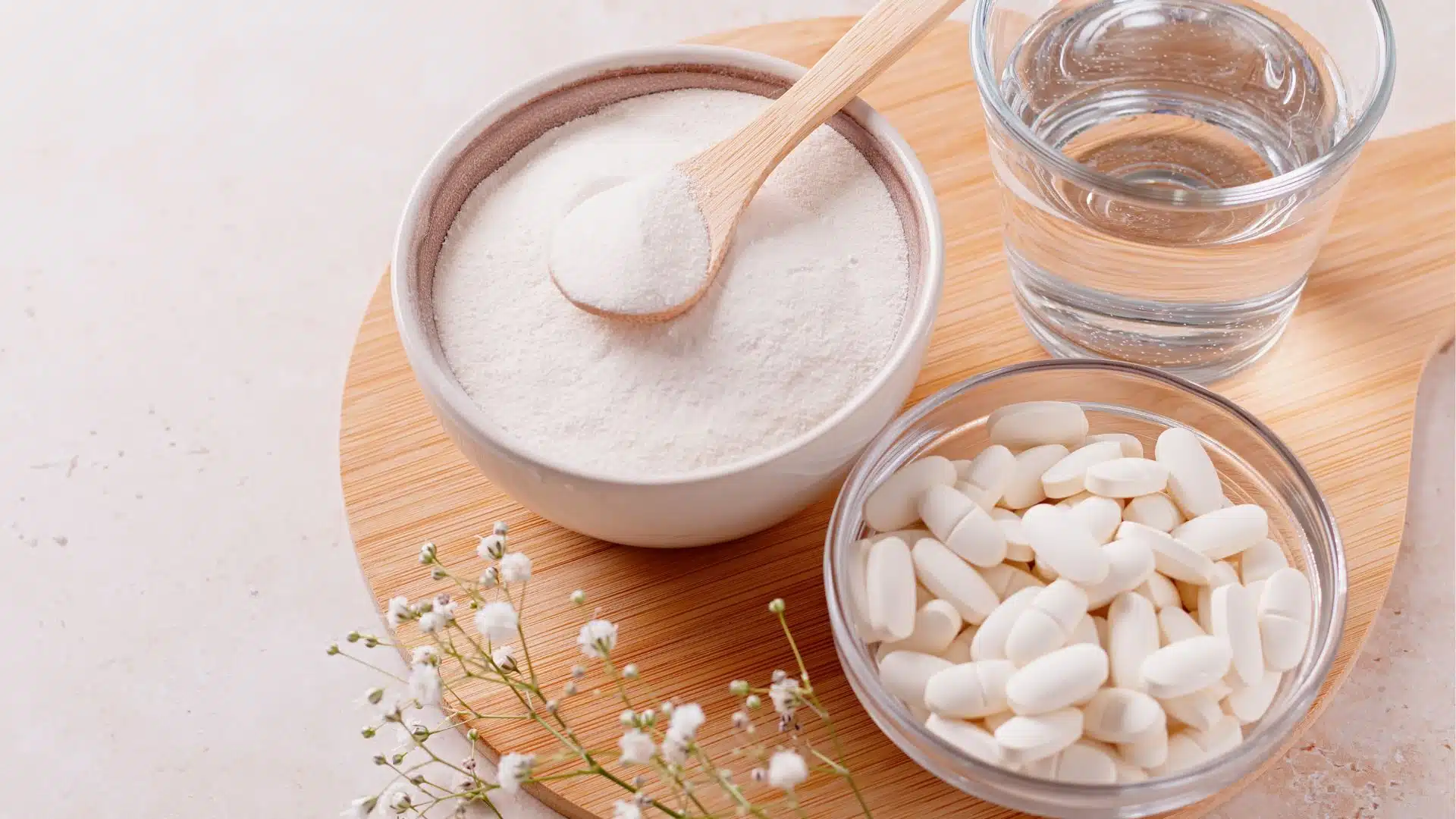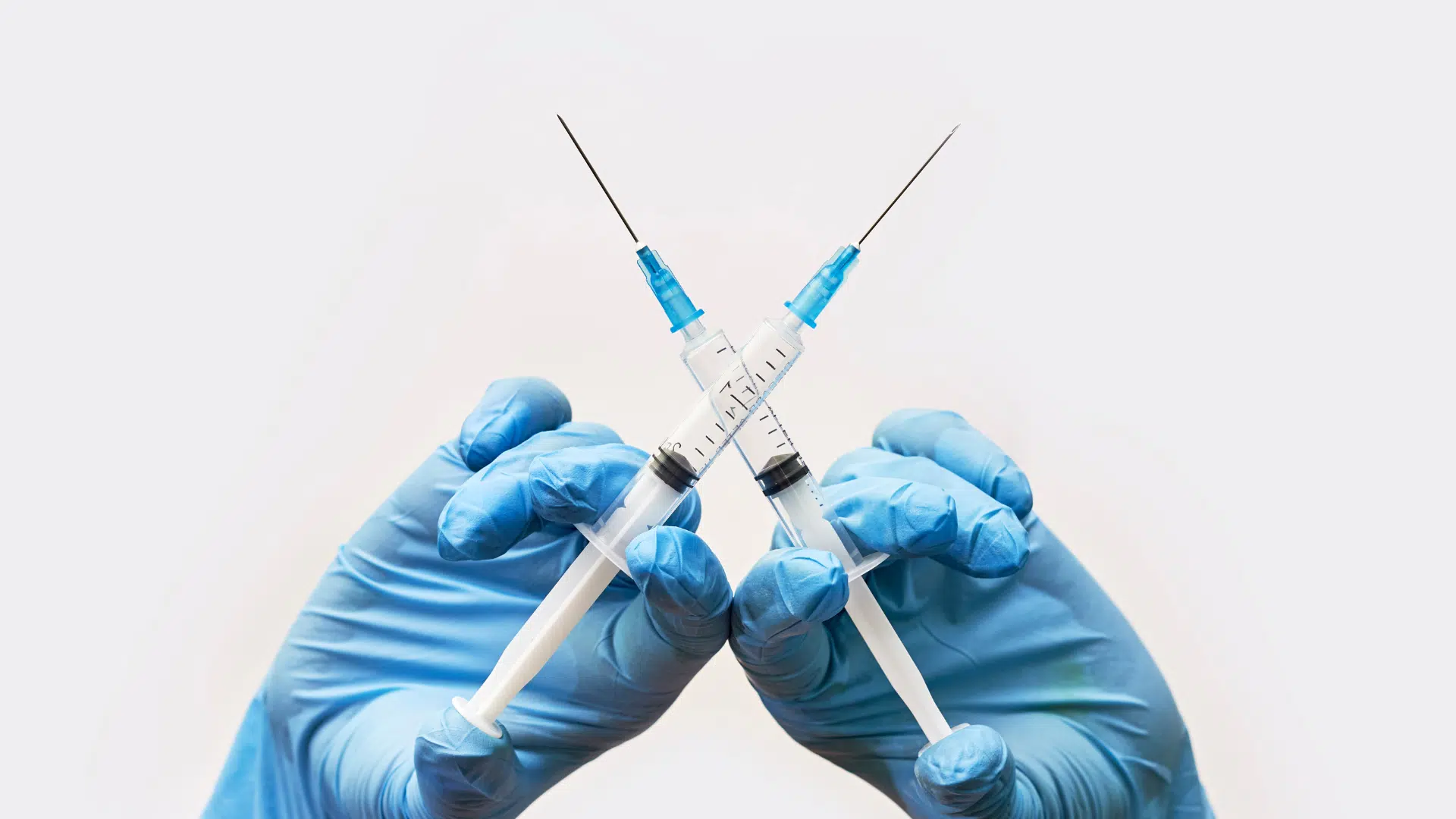
During a recent FLCCC weekly webinar, Dr. Paul Marik and Scott Marsland, FNP-C, talked about the challenges healthcare providers face when personalizing a treatment plan for patients who present with symptoms after a COVID injection.
Marsland said one question he asks his patients is whether their supplements include collagen, in the context of potential microclotting issues they may be experiencing. He said he asks this out of concern that collagen supplements could be provoking platelet aggregation and activation in his patients.
This article aims to explain what collagen is and whether it might be a concern regarding blood clots.
What is Collagen?
Collagen is the most abundant protein found in the human body, accounting for about one-third of the body’s total protein content. It serves as a major structural component of various tissues, including skin, bones, tendons, ligaments, cartilage, and blood vessels. Collagen provides strength, structure, and elasticity to these tissues, helping to maintain their integrity and function.
There are many different types of collagen, each with their own unique structure and function. The most common include Type I, found in skin, tendons, bones, and other connective tissues; Type II, primarily present in cartilage; and Type III, found in skin, blood vessels, and internal organs.
Protecting Against Collagen Loss
As we age, collagen production naturally declines. This often leads to wrinkles, sagging skin, joint stiffness, and other signs of aging. Thus, collagen supplementation has become a popular way to promote skin health, joint function, and overall well-being.
Collagen supplements are said to improve skin, lower blood pressure, aid in digestion, and increase muscle mass, among other suggested health benefits.
While collagen supplements are available in various forms, including powders, capsules, and topical creams (and from both animal and plant sources) there are other ways to protect against collagen loss. These include eating a nutrient-dense diet rich in Vitamin C, managing stress, optimizing sleep, and avoiding environmental pollutants.
It is important to note that our bodies cannot absorb collagen in its whole form. To enter the bloodstream, it must be broken down into collagen peptides so it can be absorbed through the gut.
Can Collagen Cause Blood Clots?
The question many of us have is: can collagen supplements cause blood clots?
First, it’s important to understand that collagen itself doesn’t directly cause clotting. However, it does play a crucial role in the blood clotting process when the endothelium (lining of blood vessels) is disrupted, allowing collagen to be exposed to circulating blood, which then initiates platelet aggregation and the formation of a blood clot.
At present, there is not enough evidence to suggest that collagen supplements, which are ingested and must be broken down in the gut, can directly cause abnormal blood clotting. However, as with any supplement or medication, individual patients can have varying responses.
If you have long COVID or long vax, are concerned about clotting, or if you are at high risk for a blood clotting disorder, be sure to consult with a knowledgeable healthcare professional before starting any new supplement regimen.





